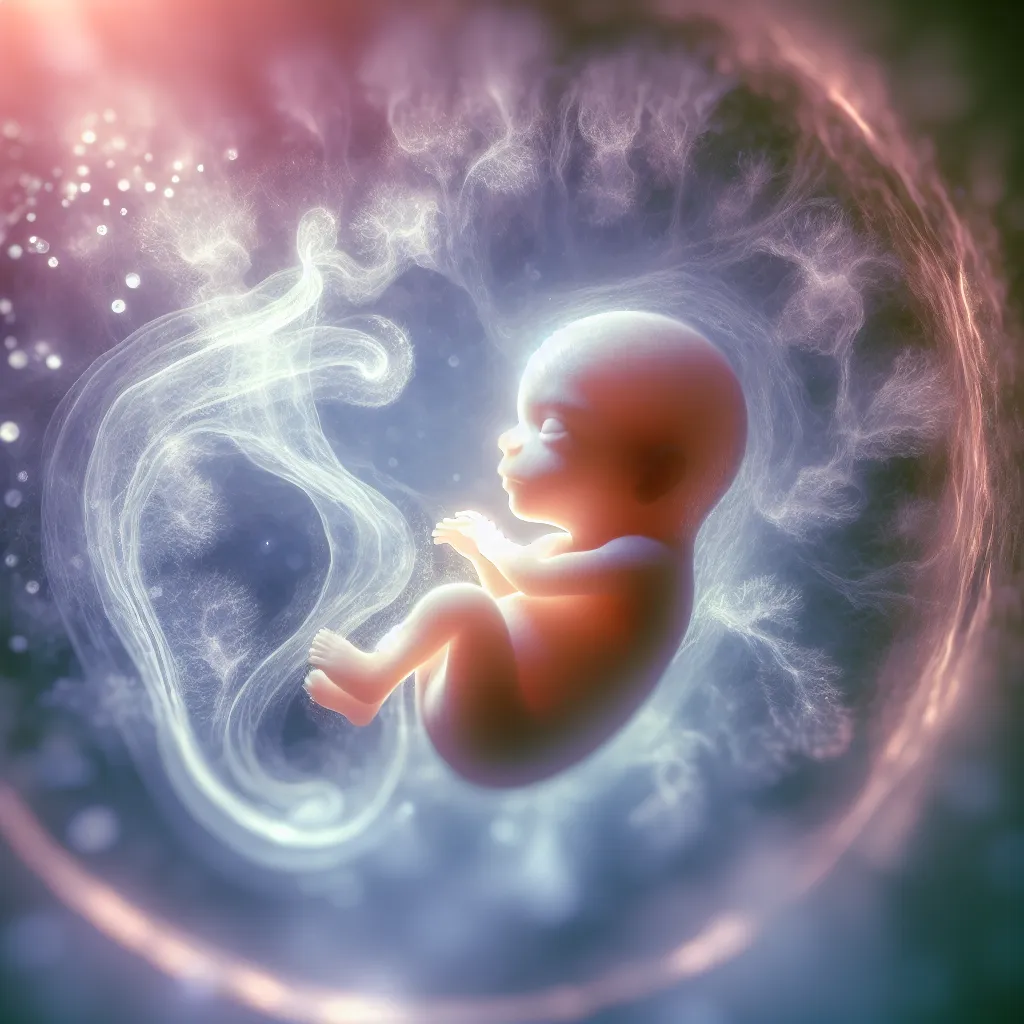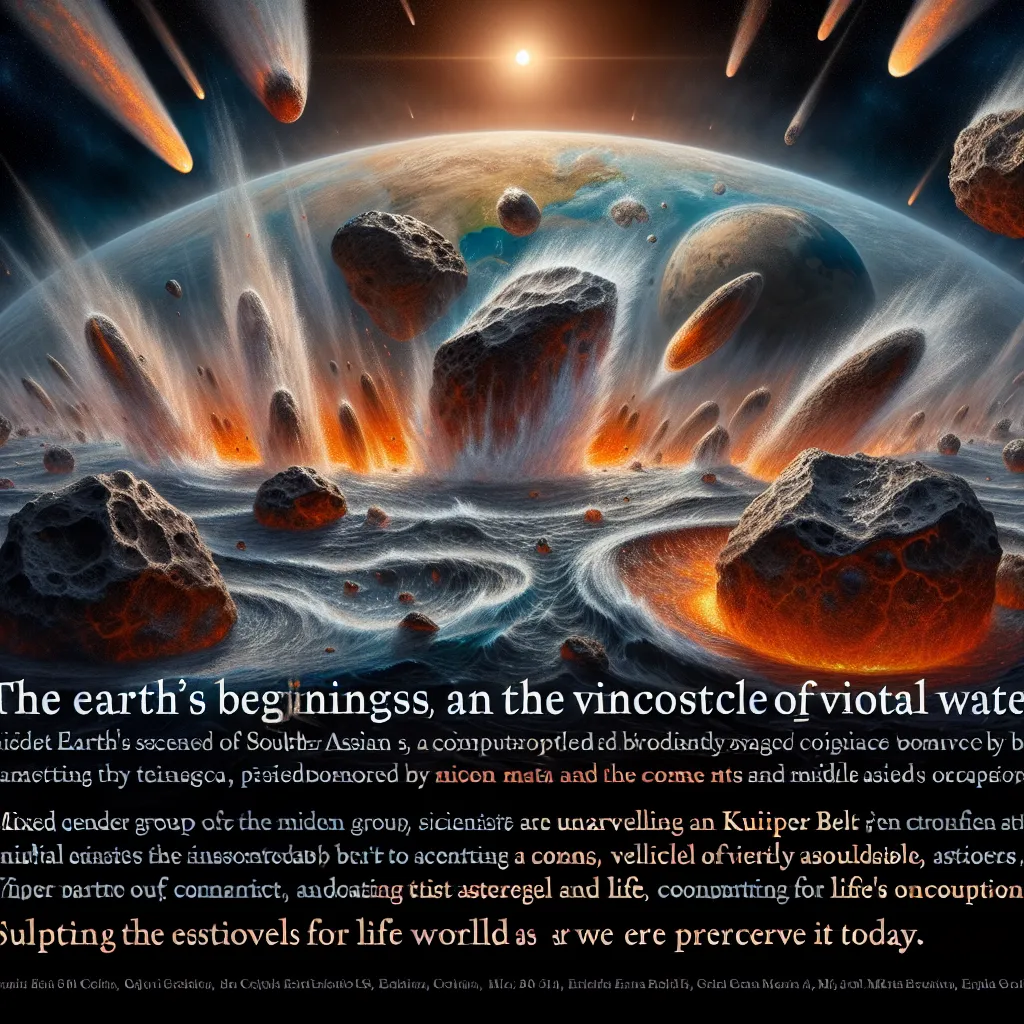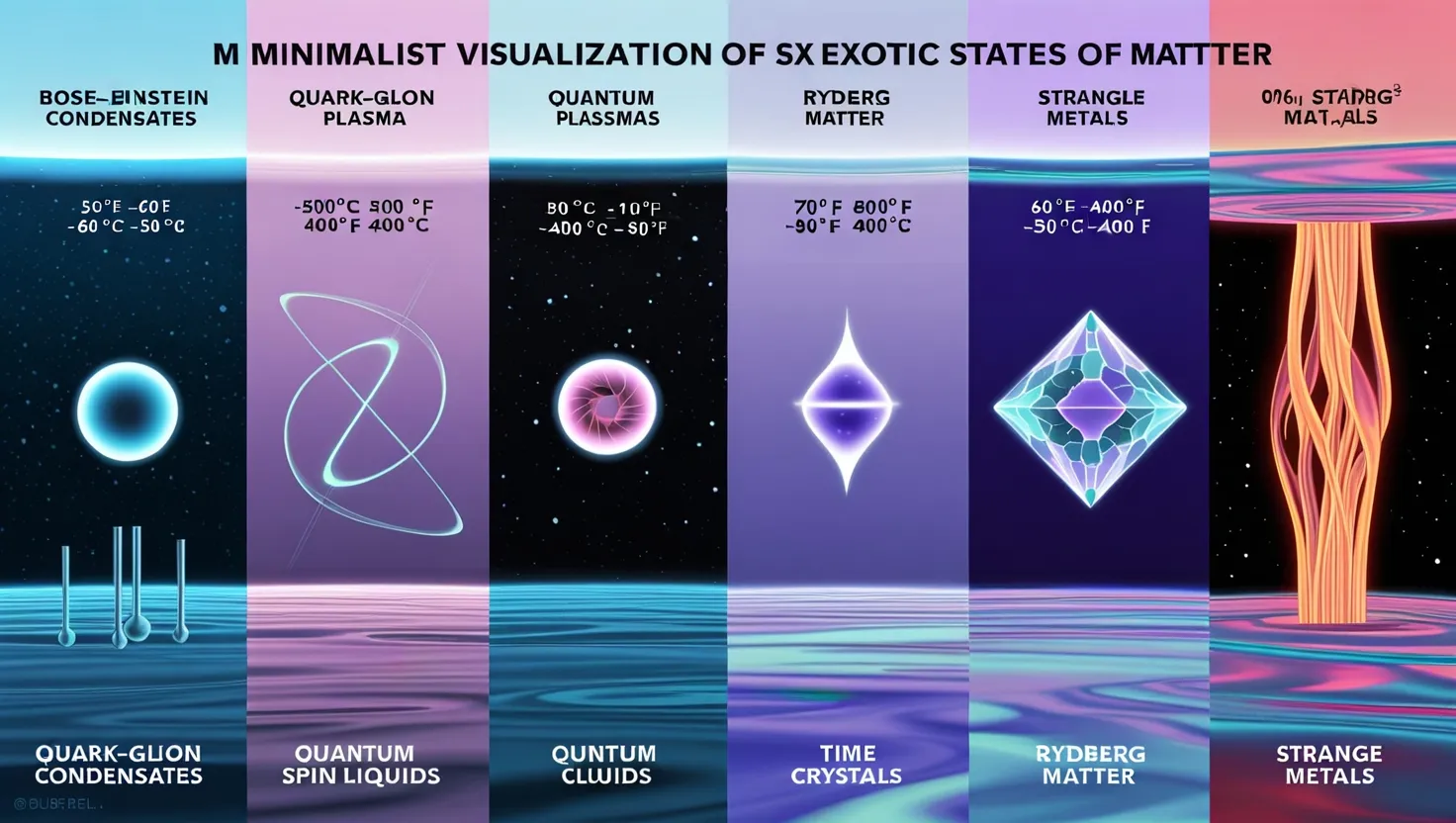Six months in, the fetus reaches a crucial milestone. Despite being barely longer than a hand, there’s a chance he could survive outside the womb. It’s reassuring to know it’s possible, but it’s clear he’s not quite ready yet. His lungs aren’t fully developed, making it difficult to intake enough oxygen to survive.
A premature baby is at a higher risk of brain damage and other complications due to the underdeveloped organs. In Britain, this stage of development is particularly significant as it determines the legal age limit for abortions, set at 24 weeks.
These milestones lead to profound questions about when life truly begins. Is it at fertilization? The first cell division? The first heartbeat or brain activity? The point when the lungs take their first breath? It’s a deeply complex and personal question, one that continues to provoke debate and reflection.






